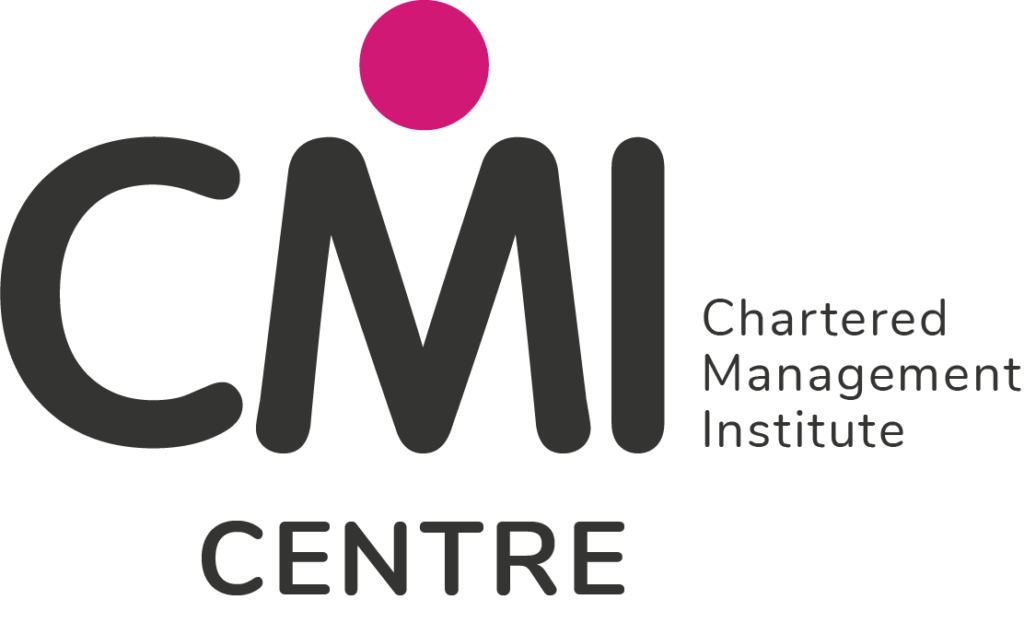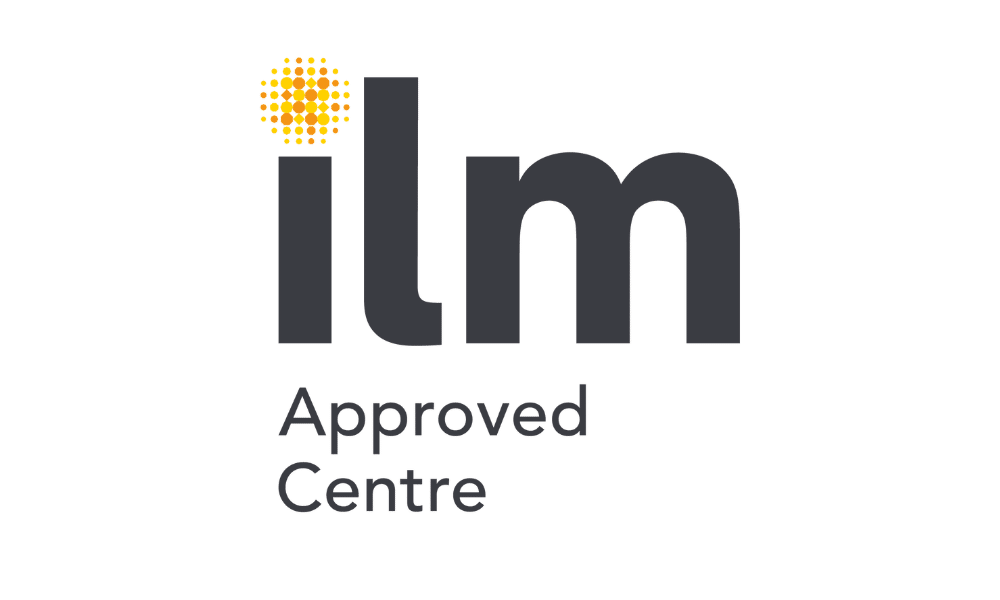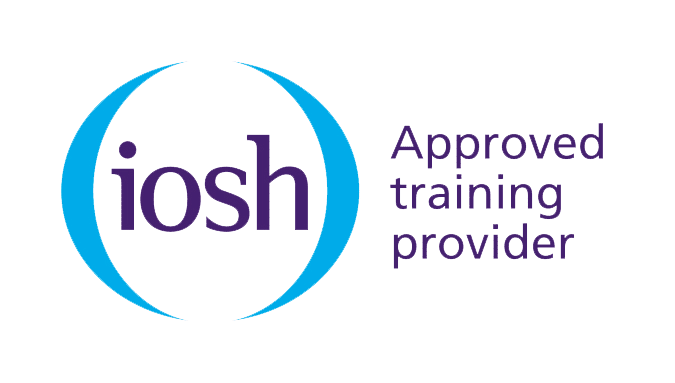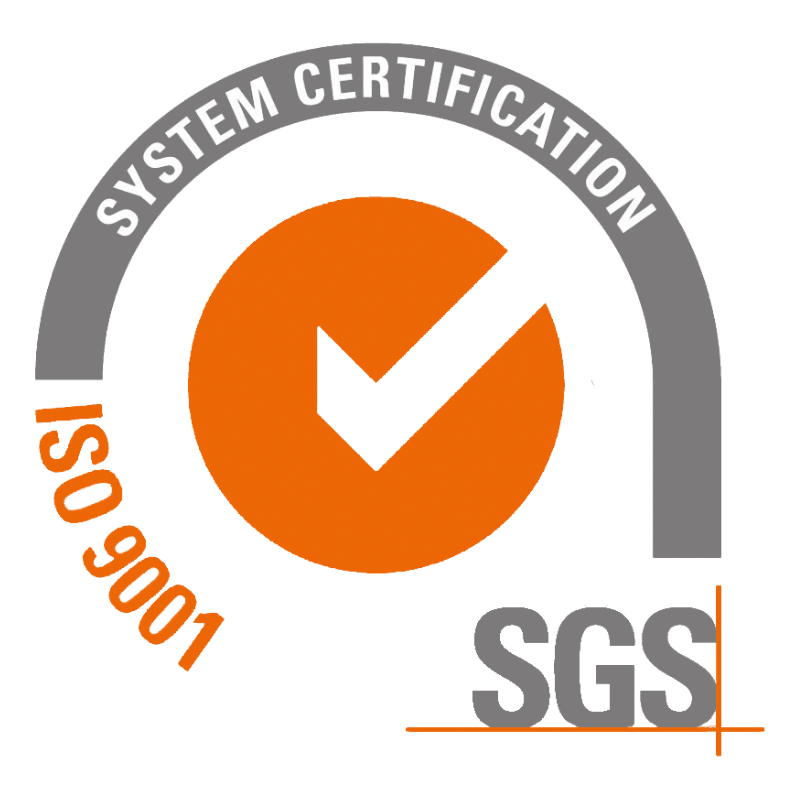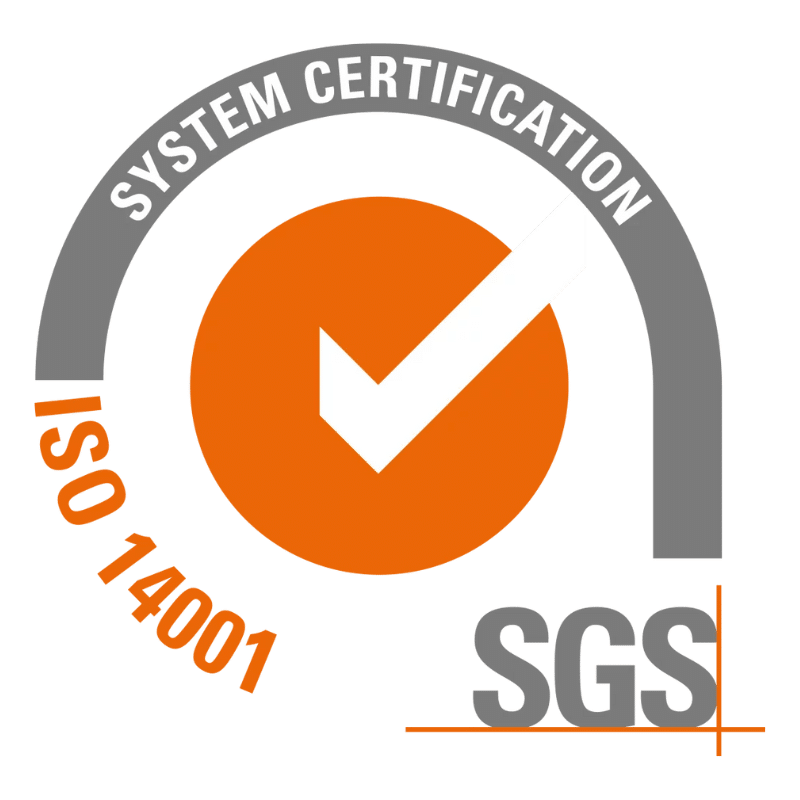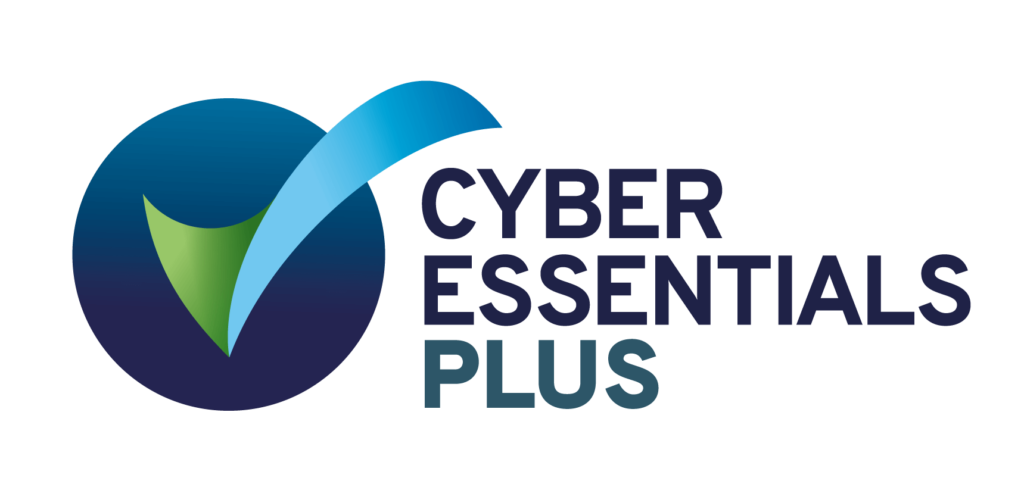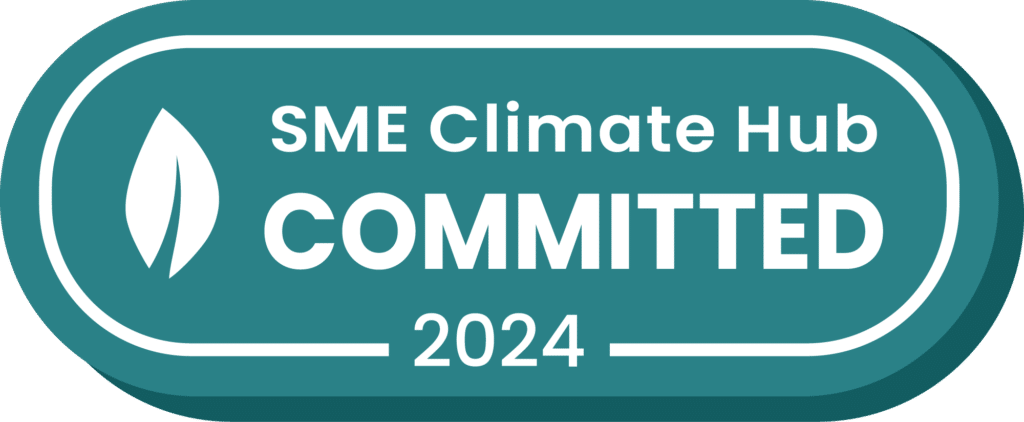The origin of the word coach lies in the Hungarian word for ‘carriage’, which explains its subsequent use at Oxford University, as 19th Century slang for a private tutor who “carries” a student through their exams. 1
That ‘carrying’ can be seen as both a broad definition of coaching and a good summary what a coach primarily aims to do – facilitate the learning, development and increased performance of an individual by helping them assess where they are now and helping them move to where they want to be. Although, as we’ll explore, a workplace coach aims to be a lot more hands-off than ‘carrying’ might suggest!
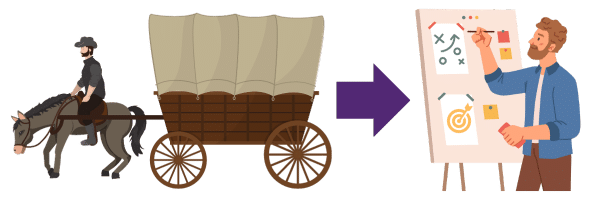
This definition and summary could just as easily apply to teaching, so what makes coaching different? Firstly, it is about helping an individual to come up with and plan their own decisions or solutions, rather than explaining exactly what to do. A designated coach will provide this help in 1:1 sessions and line managers can use coaching skills to do this less formally, within day-to-day interactions.
Secondly, coaching focuses on changeable and moveable goals, towards which there may be a number of appropriate paths, making it a much more proactive and challenging two-way process than teaching – where there are usually ‘right’ answers and ‘correct’ methods. This ‘non-directive’ style (see: the work of Myles Downey) is what makes coaching different from other forms of learning and differentiates coaching conversations from ‘normal’ ones.
There are valid concerns that in some business contexts, a 100% non-directive approach isn’t always possible or takes up a lot of time. So, coaching can be more directive on certain suitable occasions, but will lean towards the opposite the majority of the time.

Prompting individuals to come up with their own solutions means they are more likely to be engaged with (and committed to) them. This explains why coaching is an increasingly popular approach in modern, forward-thinking organisations – it develops the workforce’s ability to solve problems independently and creatively.
So, what do workplace coaches do? By asking the right questions and listening carefully to the answers, they help people create goals for success and strategies to achieve them, whilst empowering them with the confidence to perform at their best.
In order to illuminate the powerful impact that a workplace coach can have, we can share some reflections from both sides of a real coaching relationship.
One of our projects with a long-term learning partner – NHS Wales Finance Academy – was a programme aimed at aspiring senior finance leaders working in Welsh NHS organisations. Each candidate received a bespoke programme of development and the services of a coach, provided by Eliesha, to help develop their potential. One of our coaches, ‘Coach A’, was chosen to work with a Deputy Director of Finance, ‘Coachee B’ who joined the programme in February 2020.
Below, you can read excerpts from the feedback provided by both of these individuals on the structure, content and value of their sessions together.
Coach A
“Coachee B chose their over-arching goals around confidence and impact and then used each session to work through particular scenarios relating to those topics. With a limited set of just 6 sessions, it was important that we settled into a pattern of problem-solving and development so that Coachee B was, effectively, leading their own sessions by the end.
“During an assignment I will review progress against our agreed goals as – crucially – I am looking for the pattern of a problem to drop-off during our time working together.
“Coaching creates the ability to explore personal performance; it allows the coachee to organise their thoughts; it facilitates a reality check in a totally non-judgemental environment and enables the coachee to feel empowered because they are making their own decisions. In this way it accelerates personal development performance.”
Coachee B
“At each session I would throw a different challenge at Coach A and they were always able to recognise what it was that I needed from our discussion. They were always able to pull something out of their bag of tricks to make me think in a different way, consider things differently or just ask a question that took my thinking somewhere new.
“Other interventions, such as training, are often about knowledge or technical skill. I can’t think of anything other than coaching that is so focused on personal development and the softer skills. I wanted to work on my confidence and I don’t know what other intervention could happen that would affect something like that so effectively. What’s missing isn’t knowledge or skill, it’s more personal, it’s about belief, feeling and thinking.
“From working our way through my challenges and achieving the goals that I set, I came away from the sessions with both tangible benefits, such as an improved CV, and other more personal benefits such as feeling differently about myself.
“As a result of the experience and the way in which we worked together I feel able to apply the approach to my challenges. The coaching the process of asking questions and reflecting has become second nature and so I am now able to challenge myself and ask myself questions in the same way in order to find solutions that I can now work on.”
There are a number of ways we can help you to roll out coaching skills to your workforce and start enjoying the benefits of the positive work that coaches (or manager-coaches) do every day.
As an Approved Centre with ILM, we can deliver their market-leading Coaching & Mentoring qualifications at Levels 3, 5 and 7. Just as we supported the UK health inspectorate to do, investing in groups of qualified coaches is an effective way to kickstart a coaching culture. Your staff can learn together as a cohort, building your internal coaching network from day one.
If you would like to introduce managers, leaders and/or all staff to coaching skills without a qualification, we can deliver workshops on critical coaching skills, both virtually or at your office(s).
For experienced coaches in your workforce, we can offer valuable CPD sessions including Coaching Neurodiverse Individuals, to help underpin their practice with the latest knowledge and insight.
Finally, we dedicate a whole category of our award-winning Microlearning product – pearls of wisdom® – to coaching & mentoring.
To arrange an exploratory chat around your requirements or request further information about any of the solutions above, use the Talk to Us page to get in touch.
